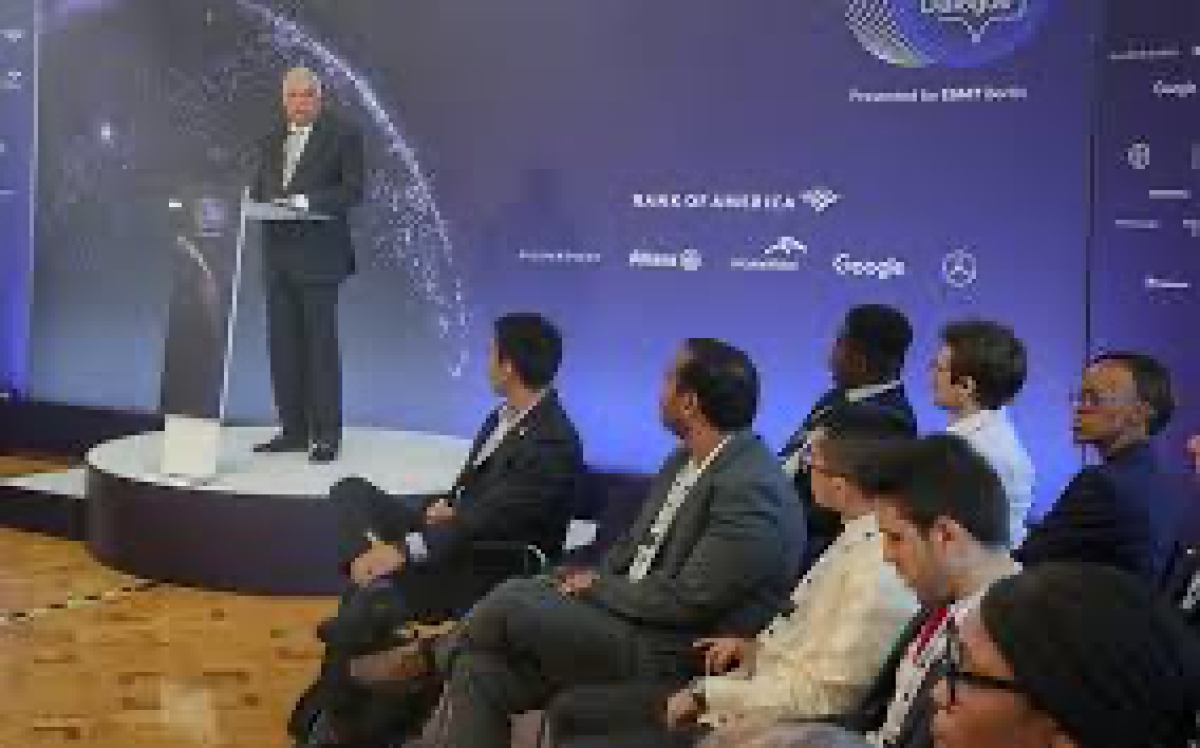During his speech at the Berlin Global Dialogue in 2023, President Ranil Wickremesinghe candidly discussed Sri Lanka's challenges and strategies regarding domestic debt restructuring. The President acknowledged the gravity of the situation and outlined measures taken to alleviate the burden on citizens while pursuing sustainable solutions.
President Wickremesinghe began by acknowledging that domestic debt restructuring had been limited to provident funds in Sri Lanka. He recognized that local banks were ill-equipped to manage this process, as many were already grappling with bad debts and non-performing loans. As a result, the government decided to roll back but assured a minimum return of 9% for provident fund members over the next three years. This commitment would be legislated to provide stability in these uncertain times.
He conceded that this solution might not be ideal but emphasized that it placed the least pressure on the populace, ensuring a reasonable return for provident fund members.
The President then delved into the complexities of negotiating with international creditors. He identified three significant parties in this process: the Paris Club, India and China (the largest bilateral debtors outside the Paris Club), and the London Club. President Wickremesinghe noted that India had chosen to align with the Paris Club, advocating for a single platform for negotiations. However, China had opted not to join this platform, a decision unrelated to Sri Lanka. Nevertheless, discussions with both India and China had been positive.
Sri Lanka's approach would involve engaging with the Paris Club and India first, followed by negotiations with China, and finally revisiting the London Club. The President acknowledged the challenges inherent in this process, emphasizing that it was often unattainable for many countries and time-consuming. He also highlighted the absence of gap financing, which had become evident during the crisis.
President Wickremesinghe stressed the importance of a mechanism for gap financing to maintain stability. He recounted the harsh realities Sri Lanka had faced, including fuel and fertilizer shortages, which had led to public outcry, government instability, and even attacks on officials' residences. The solution needed to prioritize stability, as some proposed measures might not guarantee it. The President recognized the limit to the burden the people could bear, emphasizing that Sri Lanka was approaching that boundary.
The President concluded by underscoring the need for international engagement to support middle-income countries facing similar challenges. He emphasized the importance of timely interventions and assistance, noting that the support available to middle-income countries was limited. President Wickremesinghe stressed the urgency of addressing these escalating problems that continued to intensify daily.
In his address, President Ranil Wickremesinghe provided a comprehensive overview of the domestic debt restructuring challenges Sri Lanka faces and the strategies being pursued to navigate through these difficult times.










